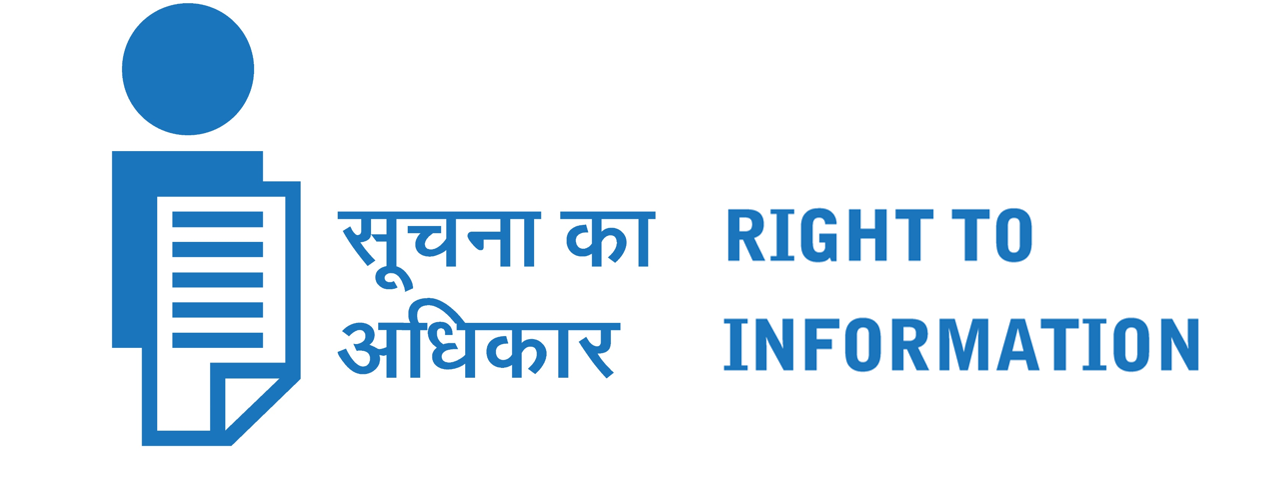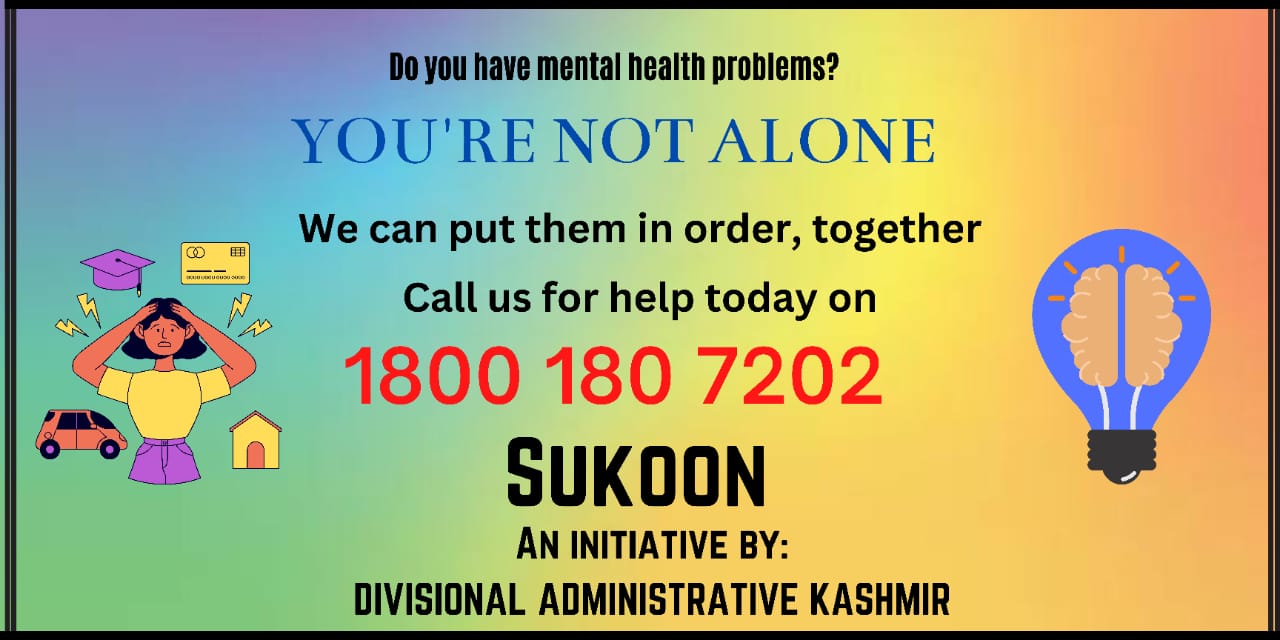Latest News
|
As an educational institution, GCOE, Jammu is committed to fostering an
inclusive and respectful environment, it is imperative that we provide guidelines to prevent discrimination on the basis of category SC (Scheduled Castes), ST (Scheduled Tribes), and OBC (Other Backward Classes). Discrimination based on caste or category is not only a violation of fundamental rights but also impedes the growth and progress of individuals and our college as a whole.
Guidelines to prevent discrimination on the basis of category SC (Scheduled
Castes), ST (Scheduled Tribes), and OBC (Other Backward Classes):
1. Equal Opportunities: Our college believes in equal opportunities for everyone, regardless of their category or caste. It is our collective responsibility to ensure that all individuals, irrespective of their backgrounds, should be given equal opportunities to thrive academically, professionally, and personally. Discrimination or bias in admissions, scholarships, placements, or any other aspect of campus life shall be
strictly prohibited.
2. Sensitize and Educate: Regular sensitization programs and workshops will be conducted to increase awareness and understanding about caste-based
discrimination. These initiatives aim to promote empathy, respect, and a sense of unity among individuals from diverse backgrounds.
3. Reporting Mechanism: A robust reporting mechanism will be established to address any instances of discrimination or harassment based on caste or category.Students, faculty, and staff members should feel safe and encouraged to report such incidents without fear of reprisal. Reports will be treated with utmost confidentiality,and appropriate disciplinary action will be taken against the perpetrators.
4. Grievance Redressal: A dedicated committee comprising members from various
categories and castes should be formed to address grievances related to
discrimination. The committee will conduct thorough investigations, provide support to the affected individuals, and ensure that justice is served. Regular updates and progress reports will be shared with the college community to foster transparency and accountability.
5. Affirmative Action and Support: The College is committed to implementing affirmative action policies to provide additional support and resources to students from marginalized categories.
6. Sensible Language and Behaviour: Derogatory remarks, jokes, or any form of derogatory language targeting individuals based on their caste or category will not be tolerated. Respect for diversity and embracing the strength in our differences are cornerstones of our institution.
Let us remember that our college thrives when each individual feels valued,
respected, and included. By adhering to these guidelines and working collectively to prevent discrimination, we can create a truly inclusive and harmonious college environment that upholds the principles of equality, justice, and fraternity.
Thank you for your cooperation and commitment to eliminating discrimination
in all its forms.
Sincerely,
(Dr. Jyoti Parihar)
Principal,
Govt. College of Education,
Jammu.
What is caste discrimination?
Caste systems are a form of social and economic governance that is based on principles and customary rules:
Caste systems involve the division of people into social groups (castes) where assignments
of rights are determined by birth, are fixed and hereditary.SpeakUpCaste The assignment of basic
rights among various castes is both unequal and hierarchical, with those at the top enjoying most
rights coupled with least duties and those at the bottom performing most duties coupled with no rights.
The system is maintained through the rigid enforcement of social ostracism (a system of social and economic penalties)
in case of any deviations
.
Inequality is at the core of the caste system.
Those who fall outside the caste system are considered “lesser human beings”, “impure” and thus “polluting”
to other caste groups. They are known to be “untouchable” and subjected to so-called “untouchability practices”
in both public and private spheres. “Untouchables” are often forcibly assigned the most dirty, menial and hazardous jobs,
such as cleaning human waste. The work they do adds to the stigmatisation they face from the surrounding society.
The exclusion of ‘caste-affected communities’ by other groups in society and the inherent structural
inequality in these social relationships lead to high levels of poverty among affected population groups
and exclusion from, or reduced benefits from development processes, and generally precludes their involvement
in decision making and meaningful participation in public and civil life. The division of a society into castes
is a global phenomenon not exclusively practiced within any particular religion or belief system.
In South Asia, caste discrimination is traditionally rooted in the Hindu caste system. Supported by philosophical
elements, the caste system constructs the moral, social and legal foundations of Hindu society. Dalits are ‘outcastes’ or
people who fall outside the four-fold caste system consisting of the Brahmin, Kshatriya, Vysya and Sudra. Dalits are
also referred to as Panchamas or people of the fifth order. However caste systems and the ensuing caste discrimination
have spread into Christian, Buddhist, Muslim and Sikh communities.Caste systems are also found in Africa,
other parts of Asia, the Middle East, and the Pacific and in Diaspora communities around the world.
In Japan association is made with Shinto beliefs concerning purity and impurity, and in marginalized
African groups the justification is based on myths. Caste discrimination affects approximately 260 million
people worldwide, the vast majority living in South Asia. Caste discrimination involves massive violations
of civil, political, economic, social and cultural rights. It is often outlawed in countries affected by it,
but a lack of implementation of legislation and caste-bias within the justice systems largely leave Dalits without protection.
In Case of any such incident, Kindly make contact on (Mob. +919419198502) and register a Complaint or Register it Online Here.
|
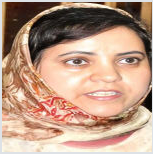 Ms. Sakeena Masood Itoo,
Hon'ble Minister for Health & Medical Education, School Education, Higher Education.
Ms. Sakeena Masood Itoo,
Hon'ble Minister for Health & Medical Education, School Education, Higher Education.
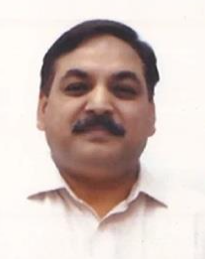 Shri Ram Niwas Sharma (IAS)
Administrative Secretary, Higher Education Department, J&K,
Shri Ram Niwas Sharma (IAS)
Administrative Secretary, Higher Education Department, J&K,
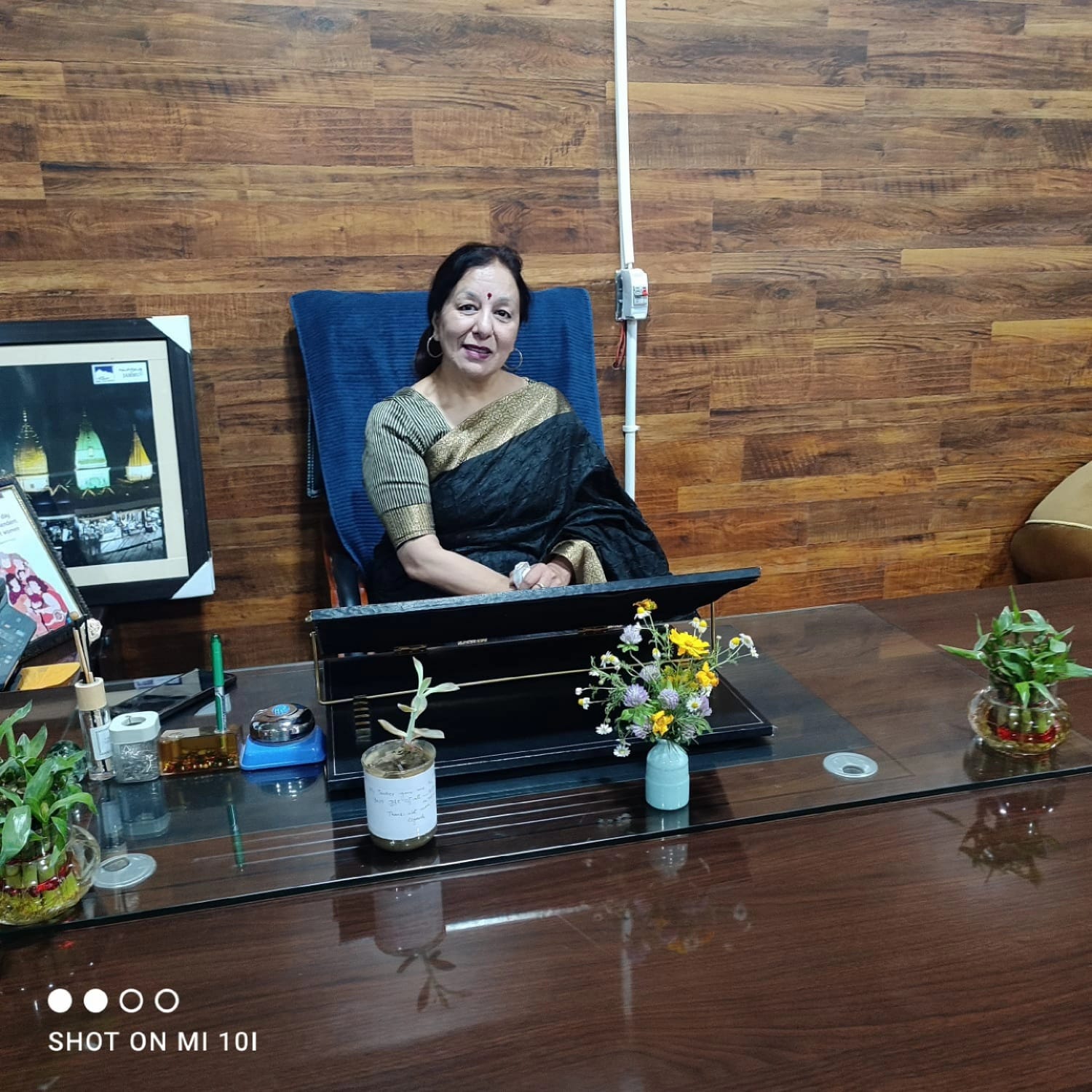 Dr. Jyoti Parihar
Principal, Govt. College of Edu, Jammu.
Dr. Jyoti Parihar
Principal, Govt. College of Edu, Jammu.
|

 Recognition Order by NCTE (Click here)
Recognition Order by NCTE (Click here)





